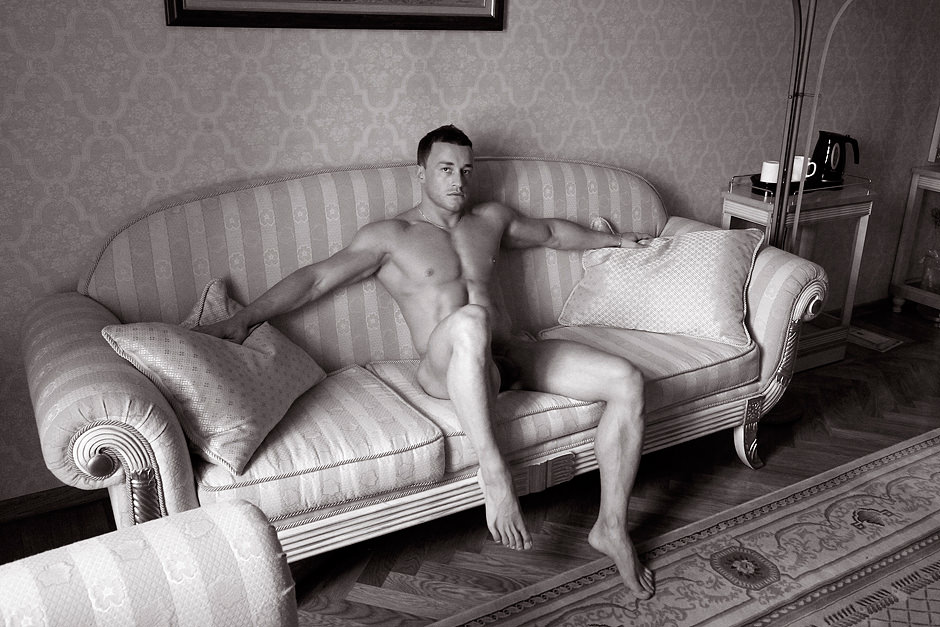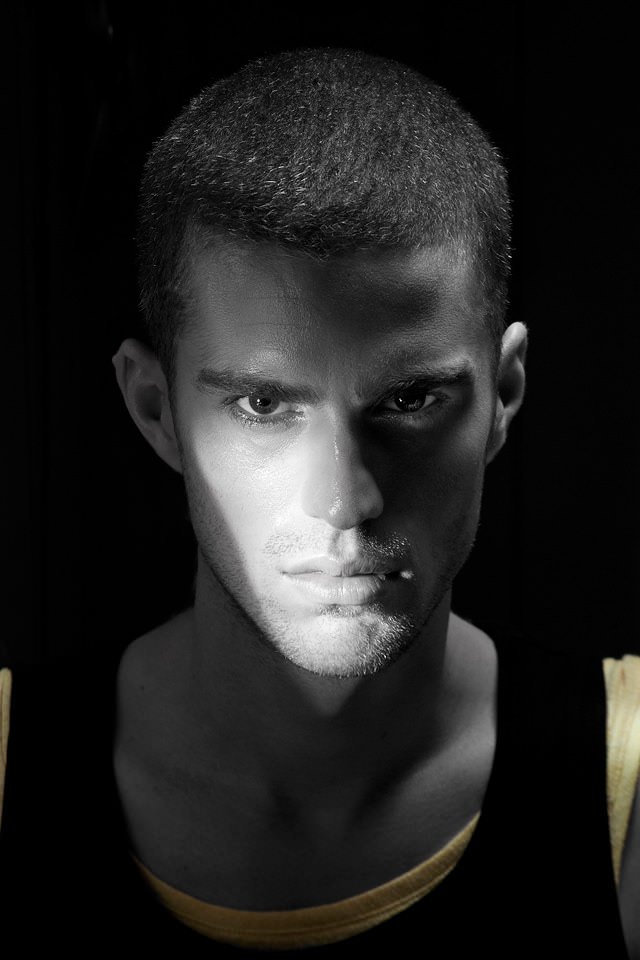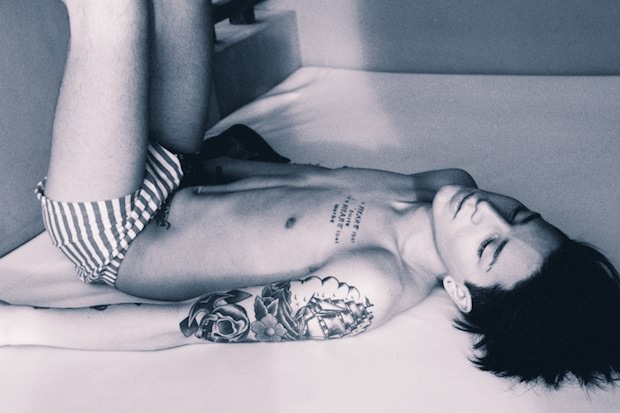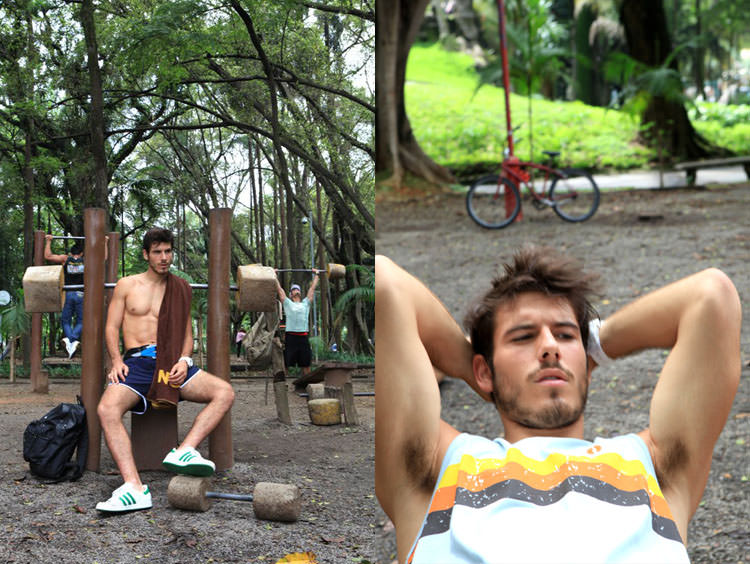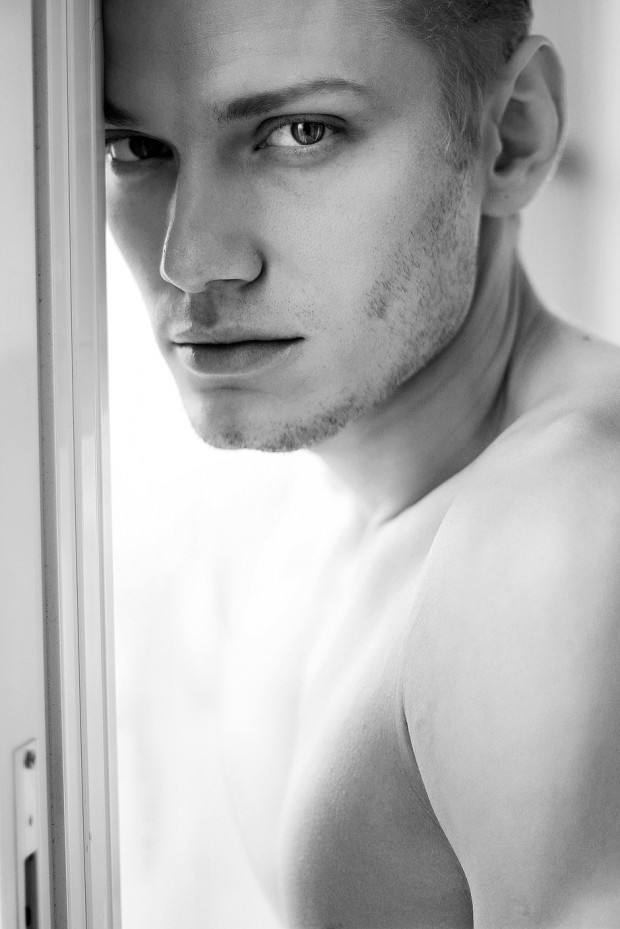
At 31 he’s been dealing with photography for over half of his life. Whether it has become a profession or not is not quite certain. It’s rather an integral part of his life; imperceptible, but as vital as air. He received his first camera as a birthday present at the age of 10 and still remembers the moment that he opened his eyes and saw the box on the edge of the table. He used that camera for over 8 years and during that time he considers all his photographs to be “complete crap”. “And as you can imagine there was nothing wrong with the camera, but in order to take good pictures, first you have to be able to see,” said Max Orlov.
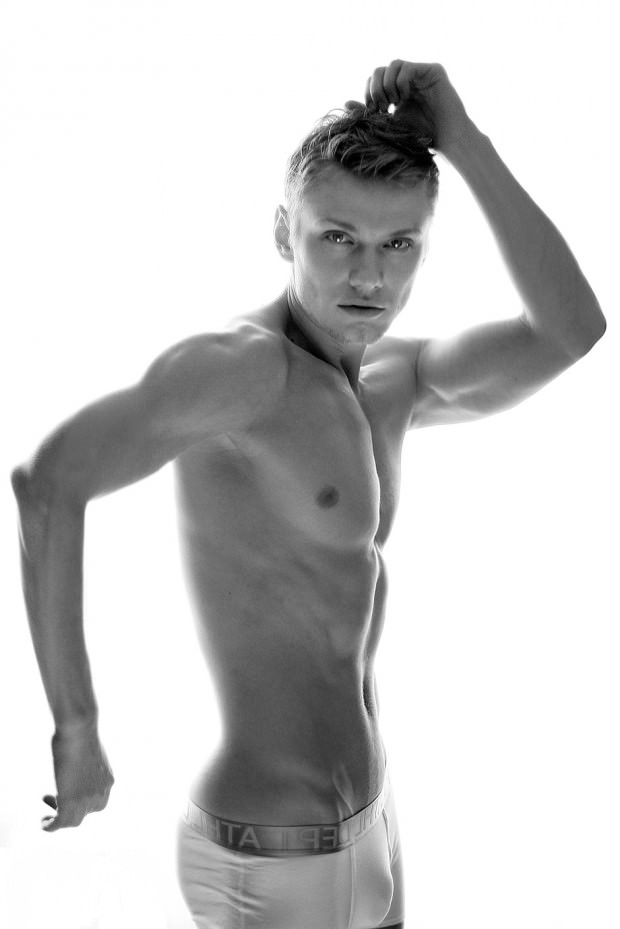
“When I hold my camera, my ultimate goal is to express the maximum of feelings and emotions with the minimum of lines and resources. In this sense Herb Ritz is the one who achieved it. He was a real eye-opener and his ‘Fred with tires’ was a revelation to me. He managed to create something incredible out of spots of oil, tires and a man with a dirty boilersuit. He penned a wonderful story out of common words.”
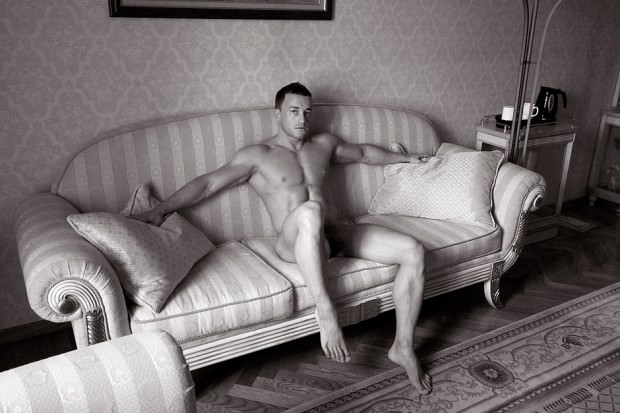
He constructs his work in a way that his spectators can read something untrivial in his models’ eyes before the picture was taken and imagine what happened afterwards.
“Good pictures always have their own story to tell, and good photographers just tell these stories more frequently.”
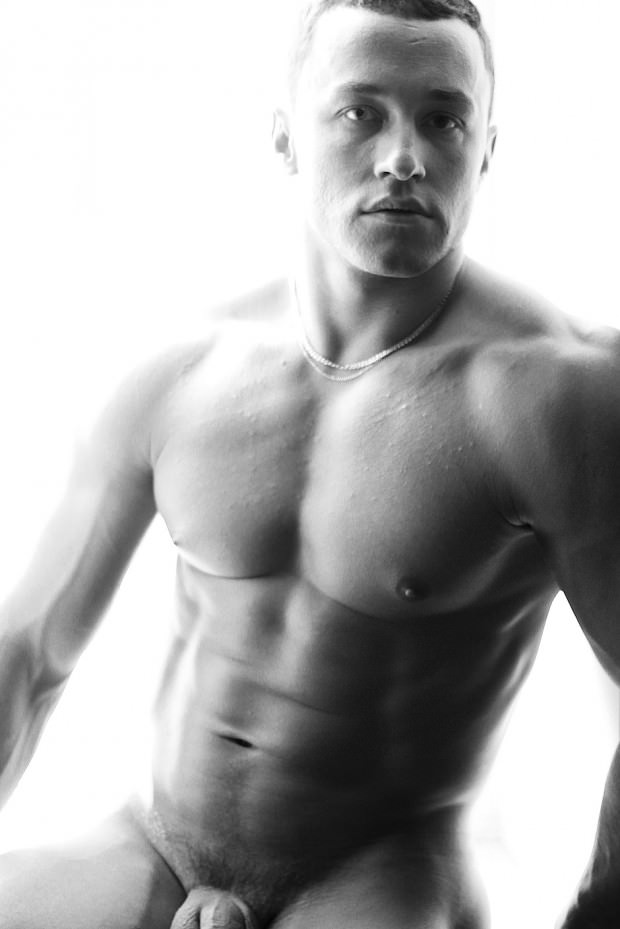
His models are normal people. Sometimes Max gives them his business card on the street, sometimes he sees someone on Facebook and just says “hello”. Sometimes guys find him themselves.
“I like to see the surprise mixed with admiration in their eyes, when they look at their photos. It gives me such a huge shot of positive energy that even after hours of a tiring shooting, I just realise that the lack of new ideas is temporary, that it’s just a matter having a good rest and making a new start the next day.”

And the first interview question is from photographer Oli Samson.
How do you go about reconciling (either by standard or style) your personal taste in images with the work you’re producing yourself?
My clients usually know my style and want something like that.
If they want something else and I like their ideas then I do my work taking into account all my experience and knowledge and that results rather successfully.
If the client’s concept and taste don’t coincide with mine I can always choose other work.
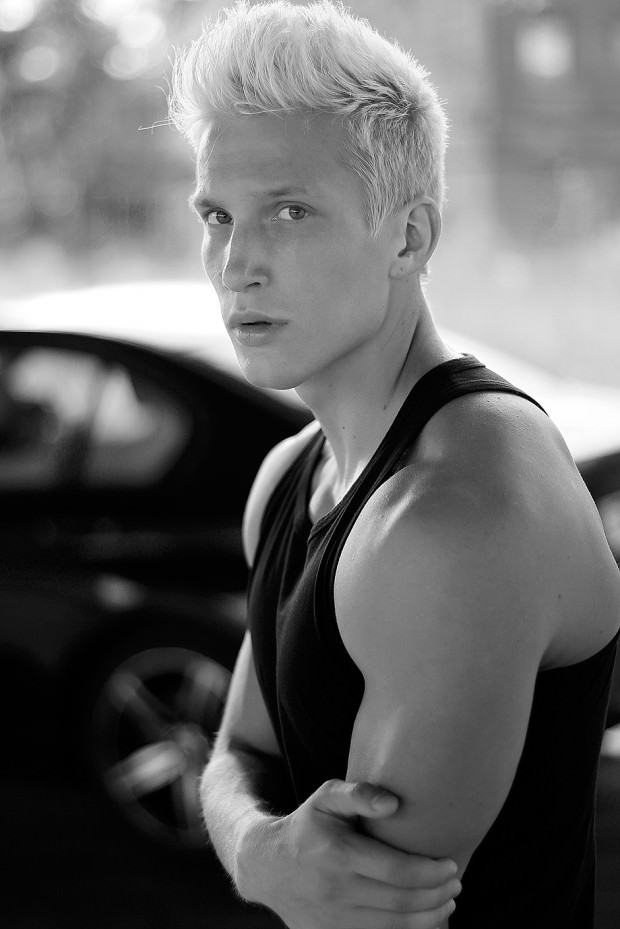
GUSMEN: What is the first thing you do when you get up in the morning?
When my alarm rings the first thing that comes to my mind is to sleep for half an hour more.
But I pull myself together and wake up.
Then I turn on the music and do morning exercises.
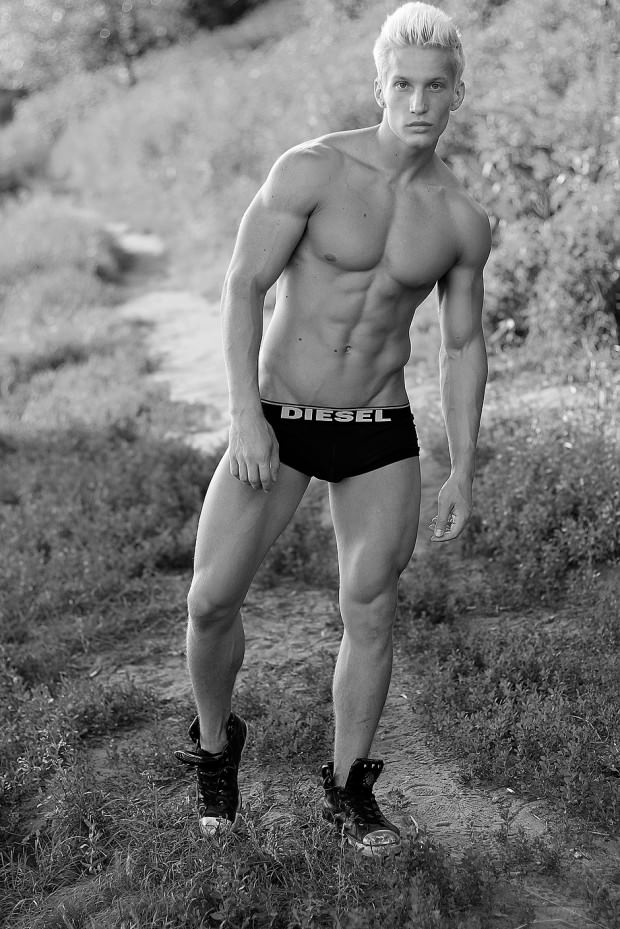
GUSMEN: How do you find the men that you photograph?
I usually find models on special fashion sites or they connect with me themselves. From time to time I find them on FB. Sometimes I get offers from magazines or my environment.
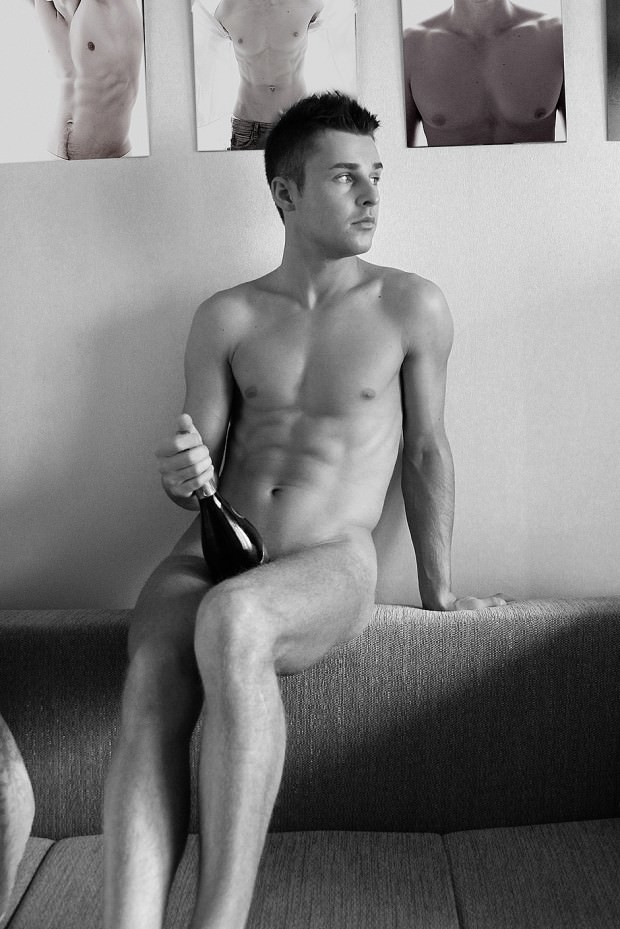
GUSMEN: What do you want to transmit with your photos?
First, I want to transmit beauty of people, nature and cities on paper.
Second, since I’m always on the other side of lens I’m interested in showing not only the object but a part of myself, a part of my personality that reflects on the images.
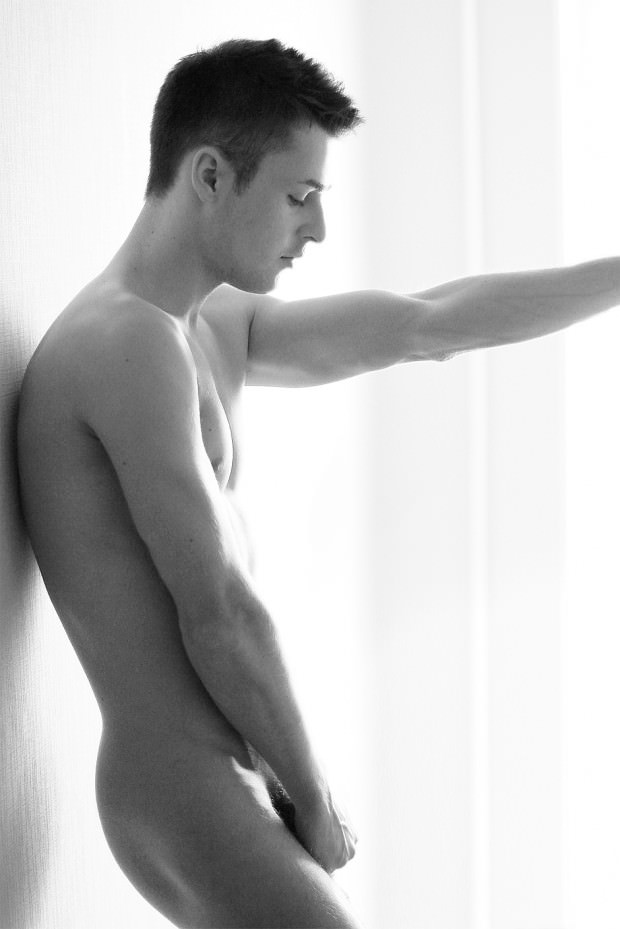
GUSMEN: How does the male body inspire you?
Abs and freckles and dimples on the chin.
GUSMEN: According to you, what makes a man sexy?
I have been thinking about it for a long time and in my opinion physical beauty is not very important. A smile makes any person beautiful.
The personal qualities of a person are always more important than their appearance.
But it’s nice if they have both.
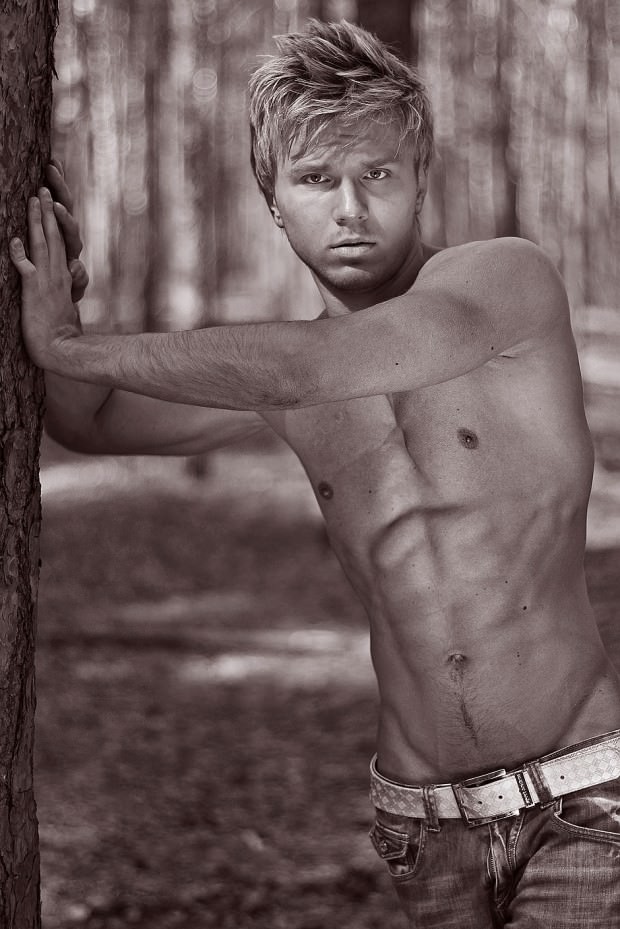
GUSMEN: What is the last thing that really surprised you?
I was travelling in Thailand during last new year’s holidays and I was shocked by the beauty of the Andaman Sea. I have never seen anything more beautiful and majestic in my life.
This is the most magnificent place on the earth and I want to come back there again.
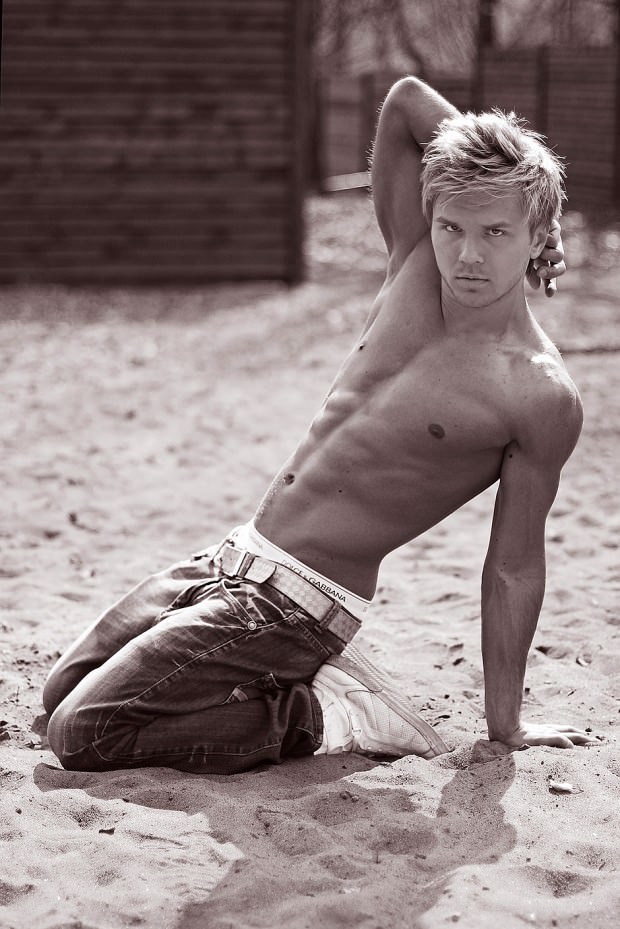
GUSMEN: What are your dreams for the future?
I haven’t got special plans for the future.
Some of my plans have been fulfilled. Some of them haven’t.
As I’m change my plans are changing with me.
If I have to talk about dreams, I like the way John Lennon put it:
“When I was 5 years old, my mother always told me that happiness was the key to life. When I went to school, they asked me what I wanted to be when I grew up. I wrote down ‘happy’. They told me I didn’t understand the assignment, and I told them they didn’t understand life.”
Photography: Max Orlov

